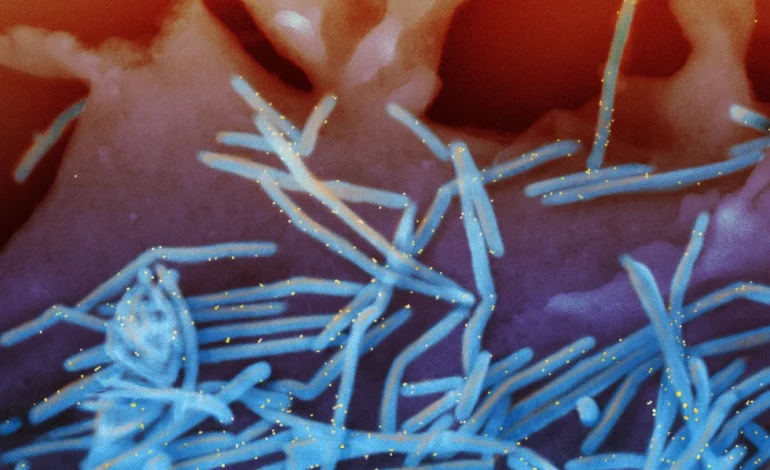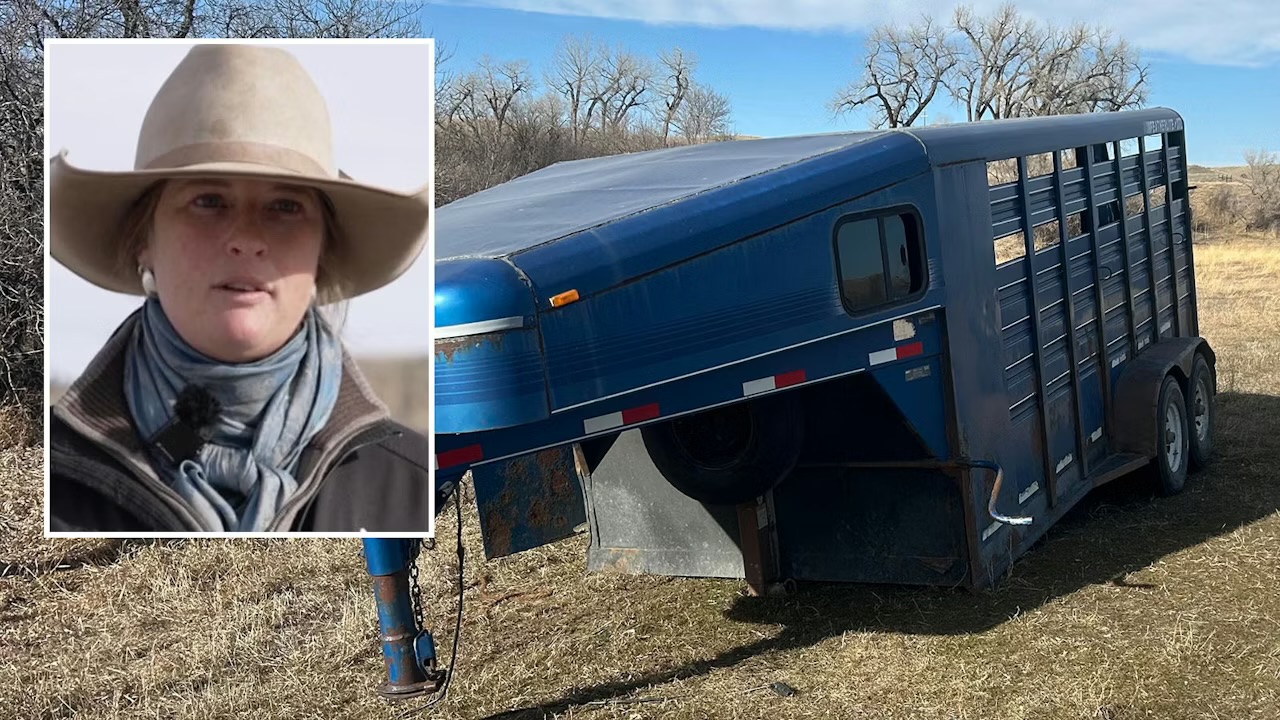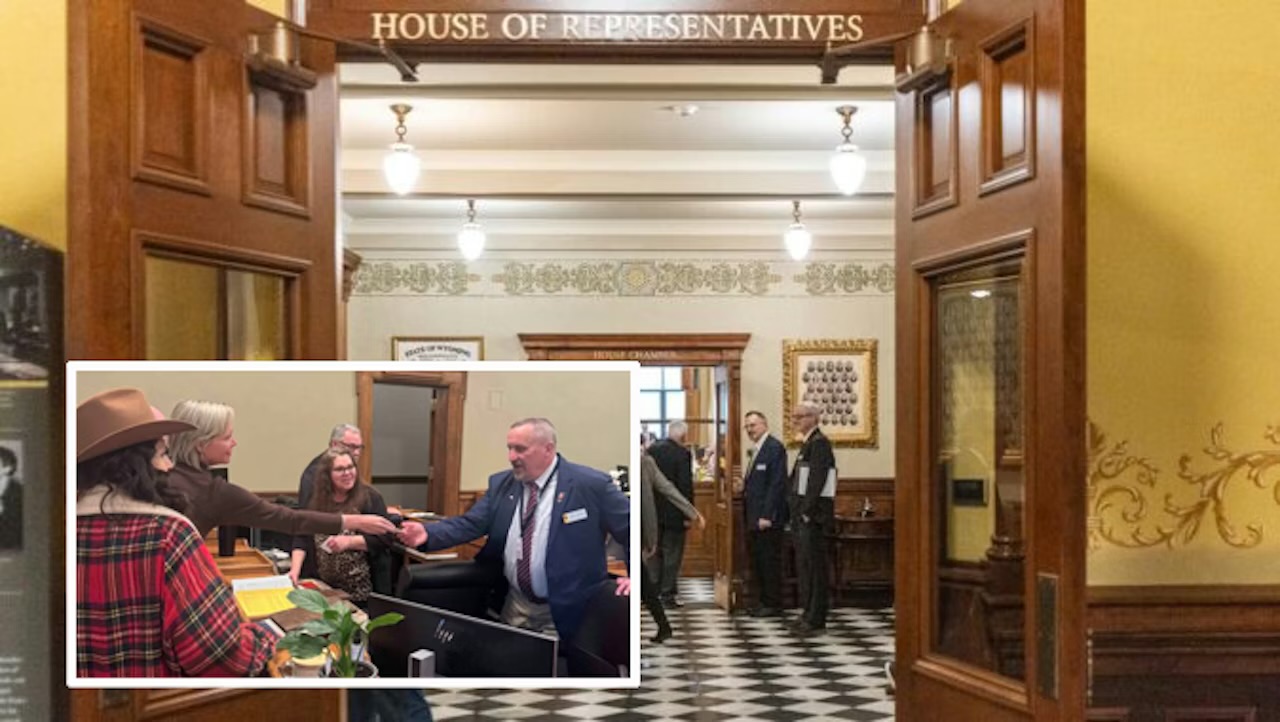CDC Vaccine Recommendations Await Decision from Non-Medical Interim Leader

A federal panel of vaccine experts on Wednesday issued several new recommendations aimed at expanding protection against respiratory and infectious diseases, the Associated Press reports.
However, unlike in past years, these recommendations will not be evaluated by a permanent CDC director with a medical or scientific background, but rather by the agency’s chief of staff — a former federal prosecutor.
The Advisory Committee on Immunization Practices (ACIP), a 15-member group of medical and public health experts, voted in favor of expanding eligibility for respiratory syncytial virus (RSV) vaccines in adults and endorsed a new meningitis combination shot for teens. Traditionally, such recommendations are forwarded to the director of the Centers for Disease Control and Prevention (CDC), who finalizes guidance for the public and health professionals.
But the CDC is currently without a Senate-confirmed leader. In the absence of a confirmed director, the task of reviewing and potentially approving the committee’s recommendations now rests with Matthew Buzzelli, the agency’s chief of staff. Buzzelli, a former federal prosecutor, does not have a background in medicine or science. His experience in public health policy is largely legal and administrative.
According to the Department of Health and Human Services, Buzzelli has assumed the role due to limitations placed on Acting Director Dr. Susan Monarez, who was nominated earlier this year to serve as permanent CDC director. Because of federal rules governing acting leadership positions, Monarez is restricted in her ability to carry out certain duties until confirmed by the Senate. Monarez holds a doctorate in microbiology and immunology.
The recommendations issued by the ACIP include:
Expanding RSV vaccination eligibility to adults aged 50–59 who have underlying conditions such as heart disease, diabetes, or chronic lung conditions.
Endorsing a new vaccine from GSK that protects against five strains of meningococcal bacteria, adding to available tools to prevent meningitis outbreaks, particularly among adolescents and young adults.
Recommending a second vaccine against chikungunya for individuals 12 and older traveling to outbreak-prone regions. This mosquito-borne illness leads to about 100–200 U.S. cases per year, typically among travelers.
Advising caution for older adults (65+) considering the original live chikungunya vaccine, after reports of six patients experiencing neurological or cardiac symptoms shortly after vaccination. The panel emphasized that most affected individuals had pre-existing health issues, and investigations are ongoing.









The latest news in your social feeds
Subscribe to our social media platforms to stay tuned